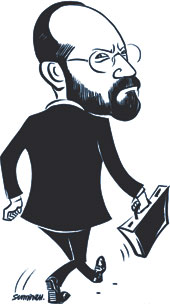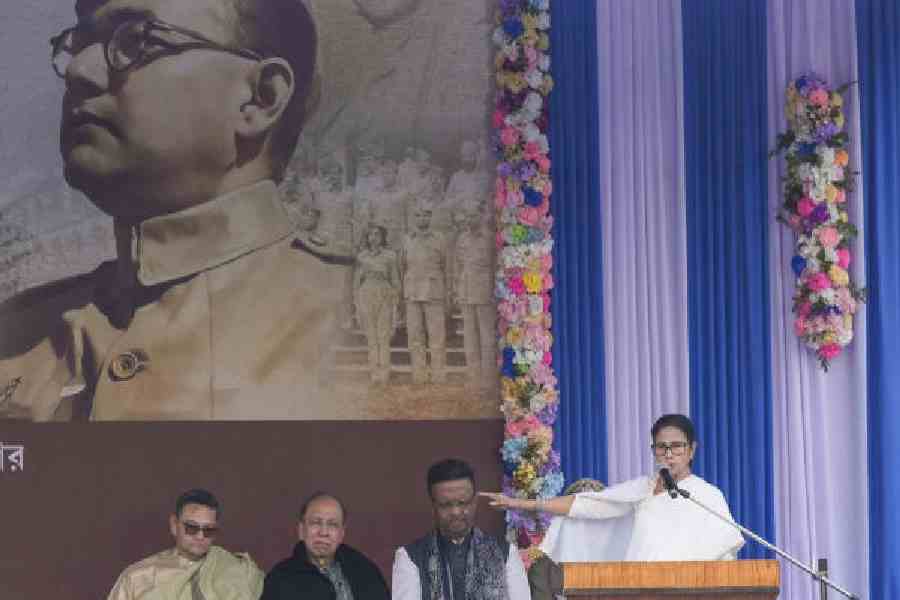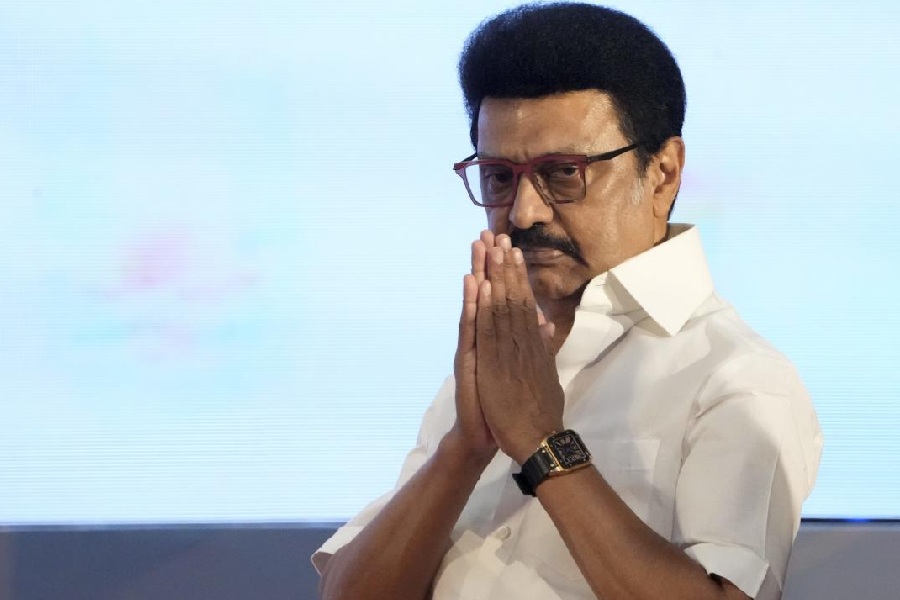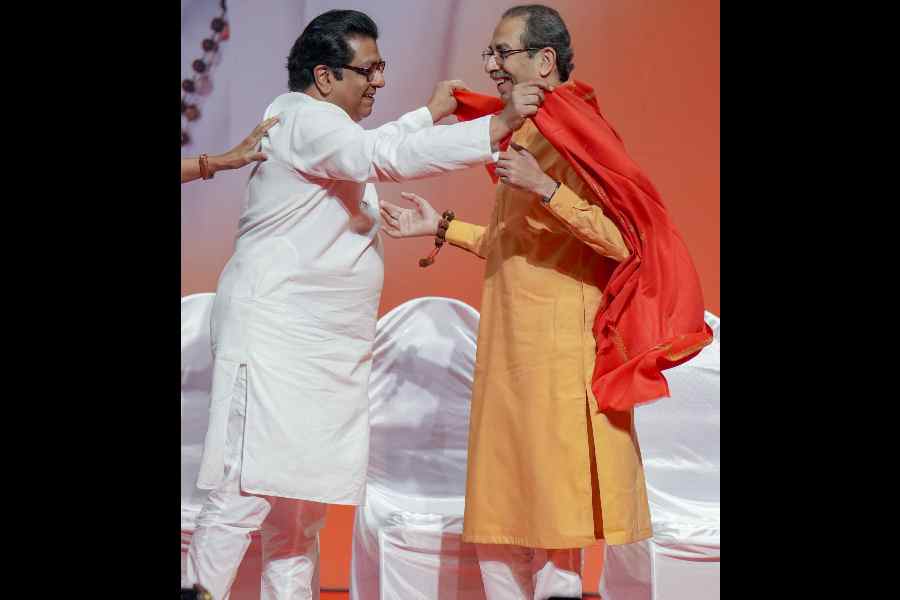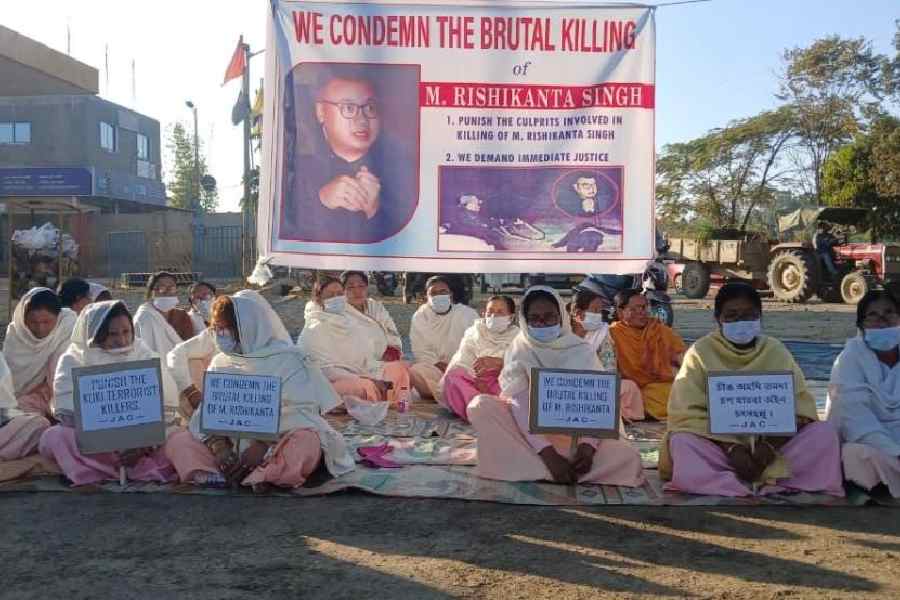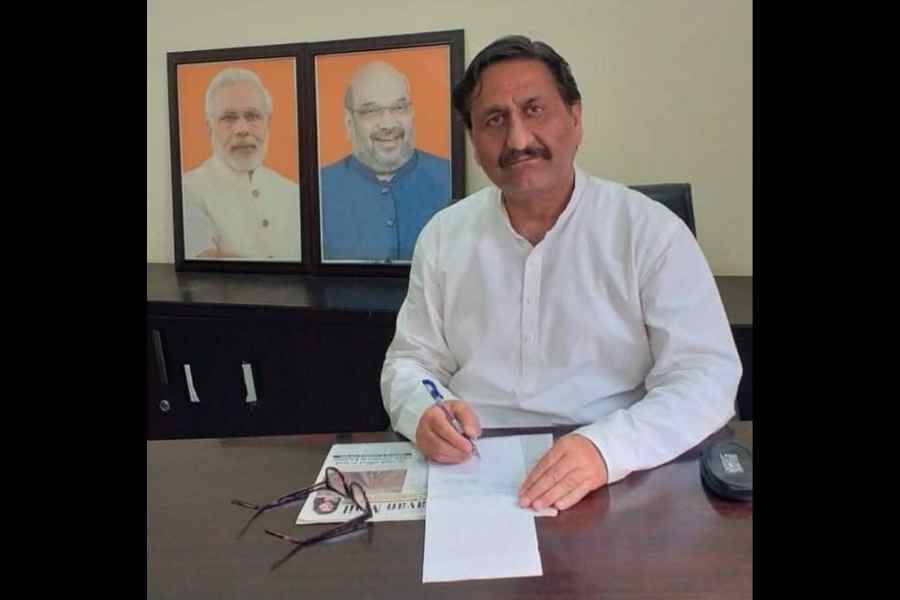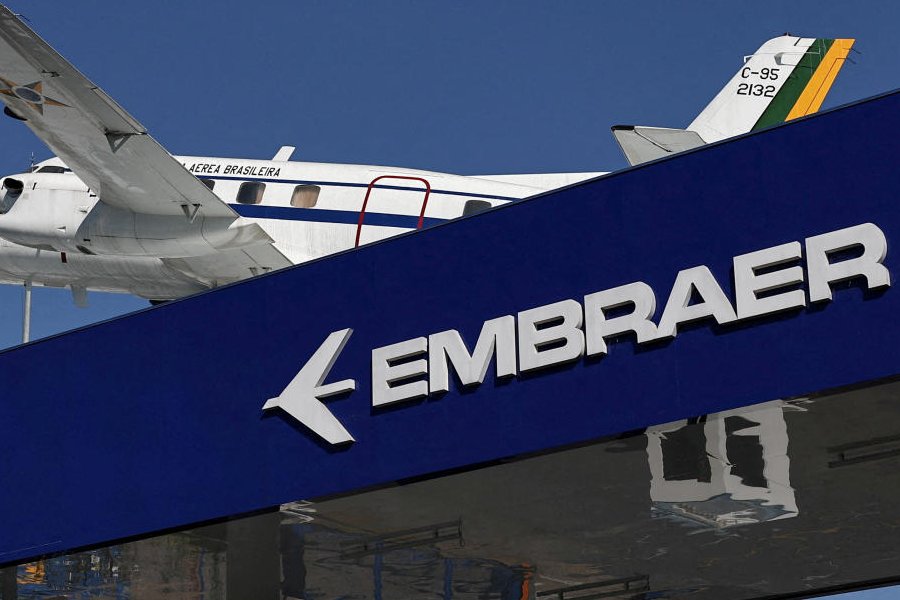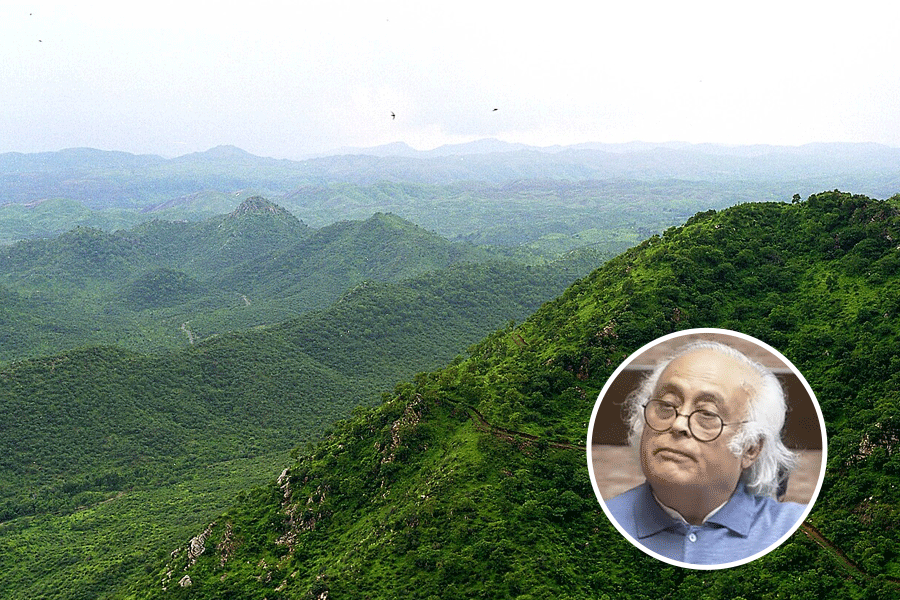|
|
Rajeev Chandrashekhar likes his visiting card to speak for him. Only, this time, he adds a rejoinder as he pulls a card out of his shirt pocket. “It’s actually all over,” he says.
The visiting card reads chairman and chief executive officer, BPL Mobile. Chandrashekhar resigned from the post on Wednesday, when he sold his 67 per cent stake in the company to the Mumbai-based Essar group. The group will eventually merge Chandrashekhar’s company with telecom major Hutchinson Essar.
The Rs 4,400 crore deal has left Chandrashekhar richer by anywhere between Rs 1,400 crore and Rs 1,600 crore. Even then, the former CEO says he had to mentally psyche himself to face the day when he signed on the dotted line. A senior Essar group executive, however, stresses that Chandrashekhar struck a hard bargain. “He was a tough negotiator and was very clear what he wanted. Once the negotiations were through, he stuck to the agreement,” the senior Essar man says.
But Chandrashekhar is not talking money. “The money doesn’t match the emotional equity I am leaving behind,” he says. He stresses that his bond with BPL ?which he started in 1995 out of a one-horse office in Mumbai’s Nariman Point ? runs deep.
Ten years on, Chandrashekhar admits that selling his stake in the company was a smart move. “Worldwide, the telecom space is dominated by big names. This is relevant for India as well,” he says. With no foreign partner, BPL Mobile would have found the going tough in the future. “We could not have competed with the big boys,” he says.
There were personal financial reasons too for the sale. “All my wealth was locked in one company,” says Chandrashekhar. With the Indian economy turning into a hot spot for entrepreneurs, Chandrashekhar wanted to play with his money.
Chandrashekhar is an entrepreneur by accident. The son of an Indian Air Force officer, he grew up living the study-engineering-go-West dream. He landed a job as ‘CPU architect’ with Intel in Silicon Valley, and like a typical techie NRI came to India in 1991 to get married.
That’s when the business bug bit him. Rajesh Pilot ? who was the telecom minister at that time ? had trained under Chandrashekhar’s father. “Pilot brainwashed me into staying back in India. He said telecom was India’s future gold mine industry,” he says. Chandrashekhar bought the idea of doing business ? even though he did not know why assets and liabilities always needed to be equal, he says.
The 41-year-old former CEO has been a part of India’s telecom industry from the days when industry gurus thought mobile phones would be used only while travelling. “We participated in the crests and troughs of the telecom industry,” says Chandrashekhar.
As he exits from the hot seat, Chandrashekhar says he’s leaving the company on a high. BPL generates a profit of Rs 1.5 crore per day. It invested Rs 670 crore this year ? up from Rs 500 crore last year.
“We think he’s tremendously focussed ? he understands technology and the telecom space,” says Prashant Ruia, director, Essar, which has taken on almost Rs 2,000 crore of BPL’s debt. “His handling of the regulatory situation (when he was the Cellular Operators’ Association of India’s president) was very good. He did a lot of work in the GSM (global system for mobile) versus CMDA (code division multiple access) battles,” says Ruia.
But the company saw a rough patch in 2002, when WLL regulations were implemented and BPL’s attempts at merger with Batata (Birla Tata ? later Idea Cellular) fell through. Chandrashekhar says he steered the company to fight its way back into the market. ‘Operation Clawback’ was launched ? a management rejig was done and a two-year-plan was chalked out to bring BPL back on track.
Yet, a telecommunications industry watcher points out that Chandrashekhar couldn’t carry everyone along, and three of his foreign partners ? including AIG and CDC, later called Actis ? sought legal recourse against BPL. People in the industry are a little wary of speaking publicly about the entrepreneur. A former senior BPL Communications employee describes him as “impulsive, and irritable”, with weak people-management skills.
The 2002 crisis is the only bad weather period that Chandrashekhar talks about. He side steps the rest ? like the family feud with BPL group patriarch, T.P.G. Nambiar, and the problems with foreign share-holders. In fact, the BPL CEO was able to sell his stake only after Nambiar withdrew the case he filed against Chandrashekhar at the Company Law Board. Nambiar alleged that Chandrashekhar had surreptitiously upped his stake in the company.
The former employee neatly sums up Chandrashekhar: “He’s very driven, and can’t take no for an answer.” The man who has just struck among the biggest merger and acquisition deals in India’s telecom sector would second that ? and is laughing all the way to the bank.

